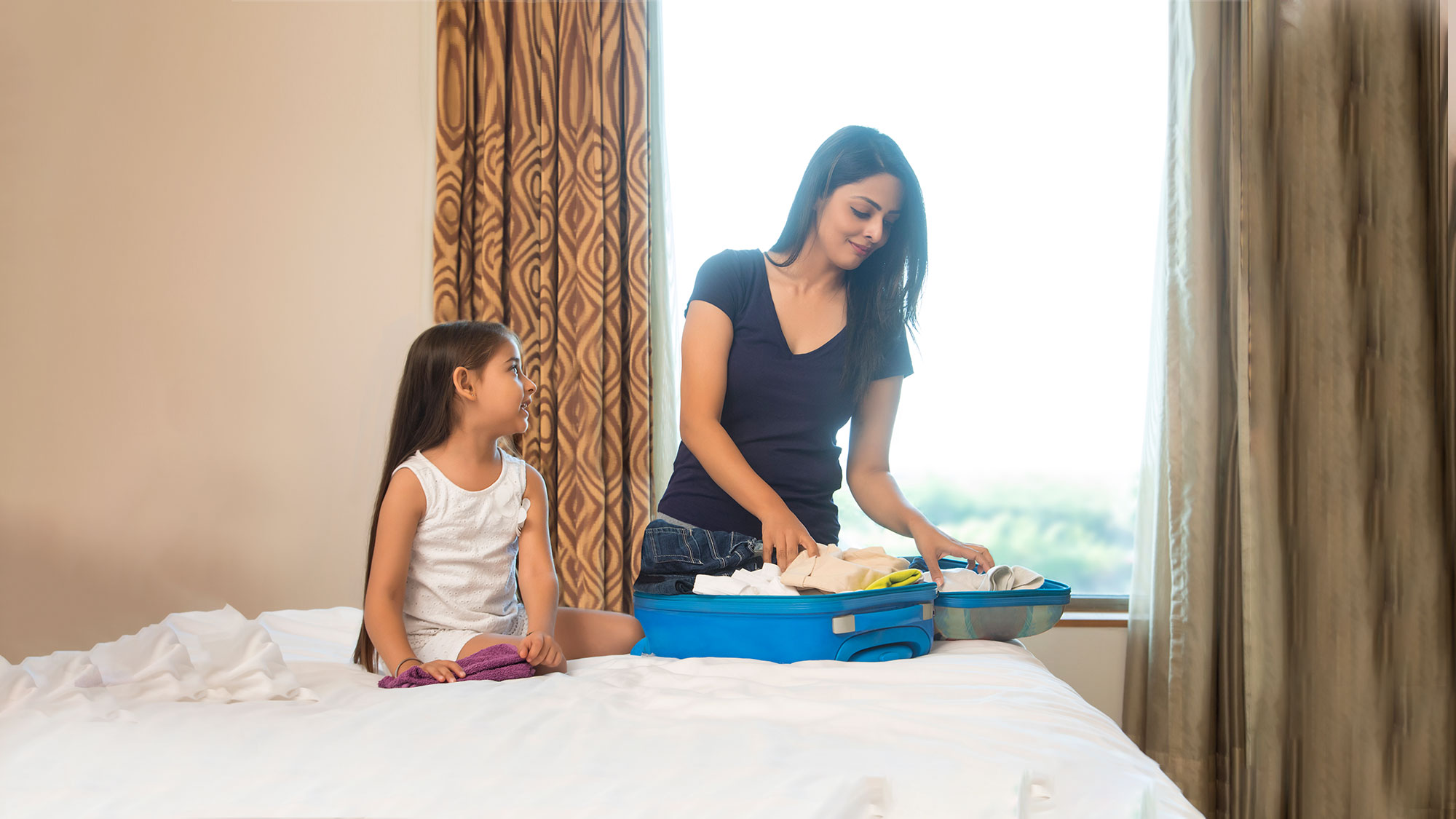Did you find this article useful?
Important Notice:
Beware of Scams! Be cautious of suspicious emails, messages or calls asking for sensitive information or financial details such as card or account numbers, Passwords, Personal Identification Numbers (PINs), One Time Passwords (OTPs), and balances…etc. Do not click on links provided in unsolicited mails or messages. Be vigilant and refrain from sharing sensitive data. If in doubt, do contact HSBC on 011 447 2200 promptly. To learn more about scams and fraud along with tips to protect your money, visit our Cyber security page.
We use cookies to give you the best possible experience on our website. By continuing to browse this site, you give consent for cookies to be used. For more details please read our Cookie Policy.




